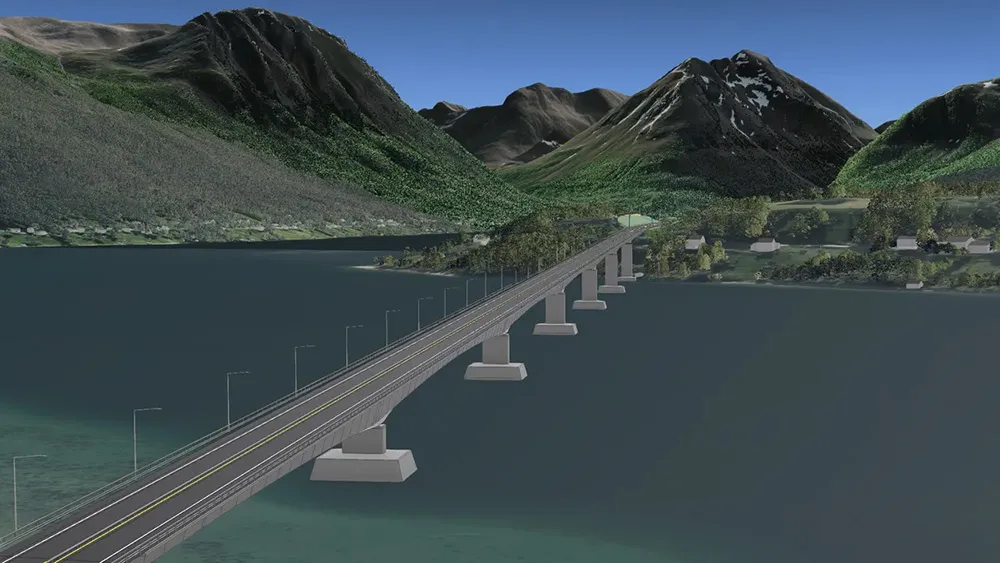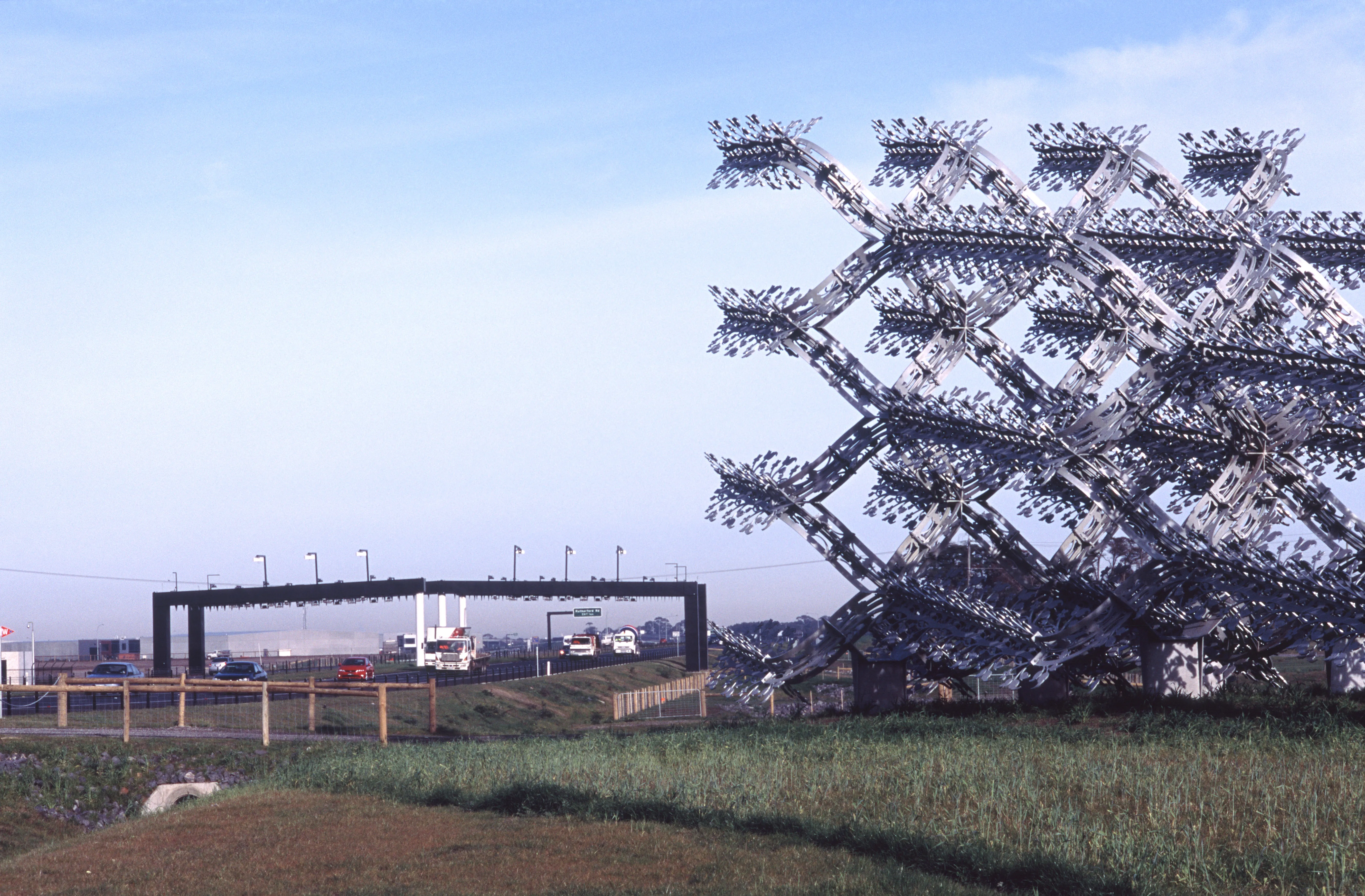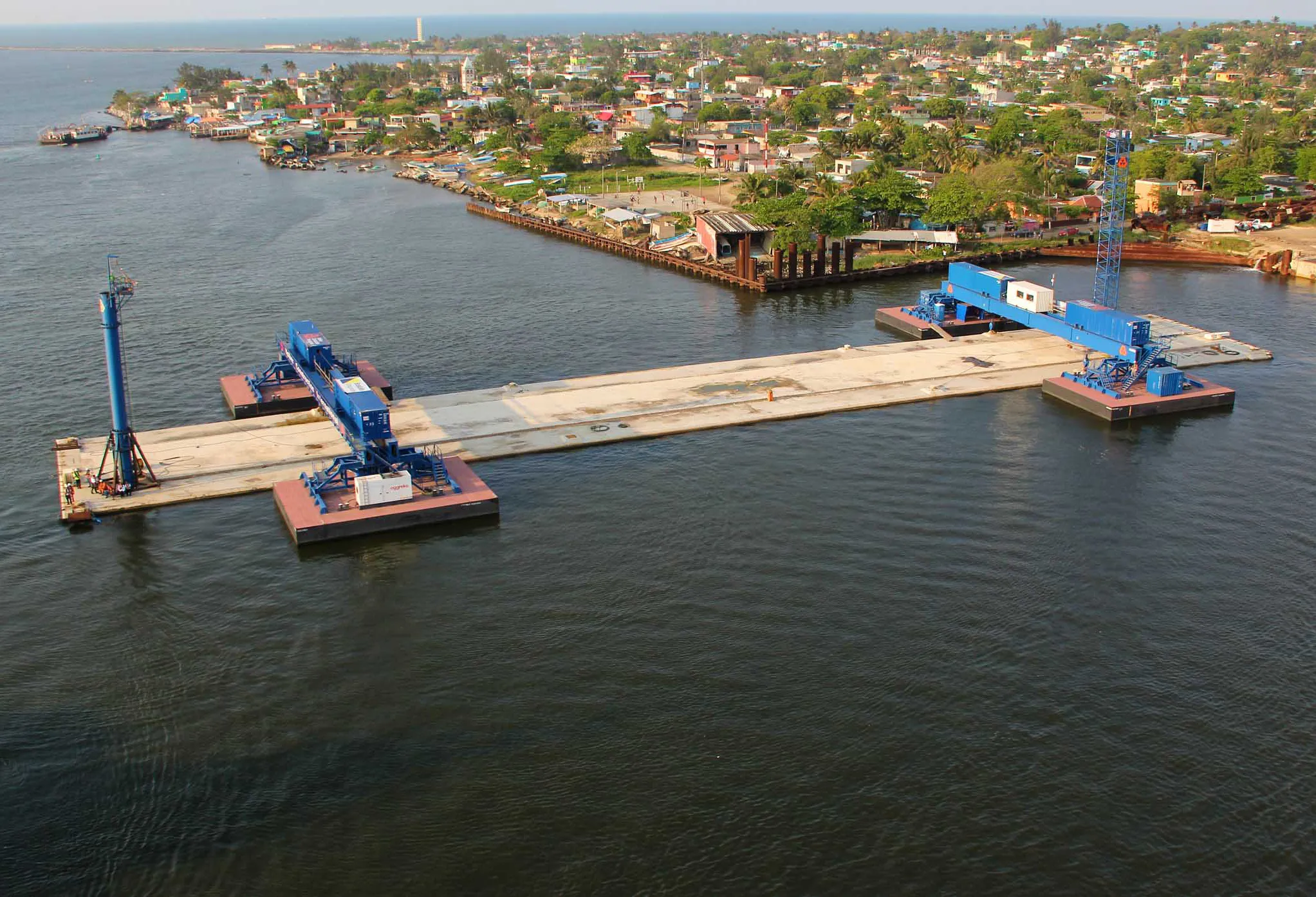
A consortium of Metrostav Norway and Bertelsen & Garpestad have won the main contract for a section of the E8 highway between Sørbotn and Laukslett.
The project includes 10km of new road, an 870m-long bridge across the Ram Fjord as well as several smaller bridges. Construction is expected to start at the beginning of next year and end in July 2026.
The Metrostav Norway consortium’s bid was chosen over those from NCC Norway and the consortium of Hæhre and PNC.
The E8 is a 1,410km European route that goes from Tromsø, Norway, to Turku in Finland and includes five tunnels – and is notable for difficult winter conditions. Tromsø, with a population of just under 80,000, is Norway’s largest northern city – and 355km north of the Arctic Circle. Turku, a city of 200,000, is located at the mouth of the Aura river in the southwest corner of Finland.
Both Indre Laukslett and Sørbotn are villages on the edge of Ram Fjord, with Laukslett being north of Sørbotn and about 22km south of Tromsø. The E8 project between Indre Laukslett and Sørbotn will cost around €195 million, according to Nordisk Tillväxt, a strategic planning and pre-construction consultancy operating across the Nordics. It provides support throughout pre-qualification, tender and bid processes.
The 10m-wide Sørbotn and Laukslett section of the E8 will have avalanche protection at critical points and a reindeer crossing near Sørbotn will be constructed.
Seafill work for bridge pilings has already been tendered.







